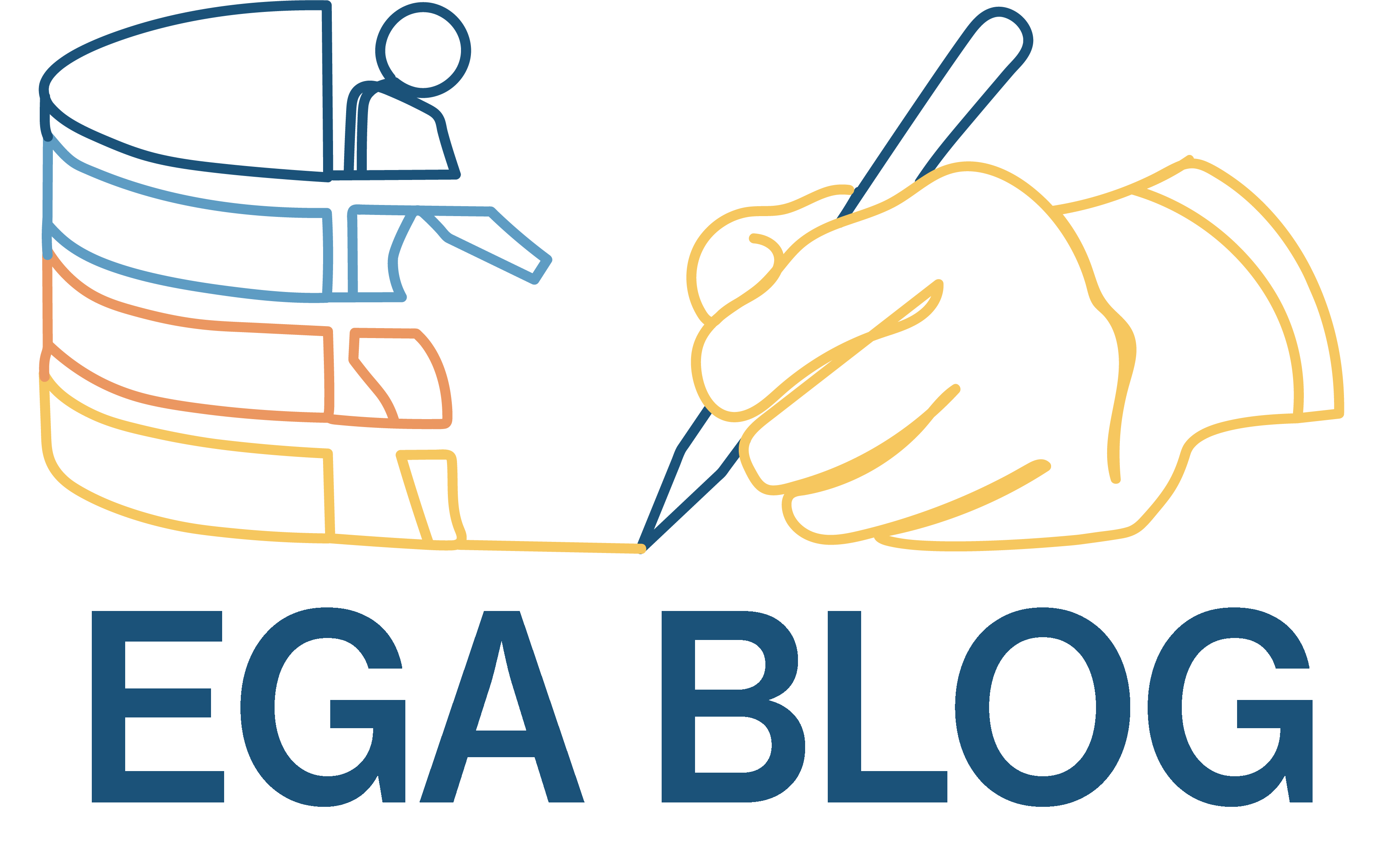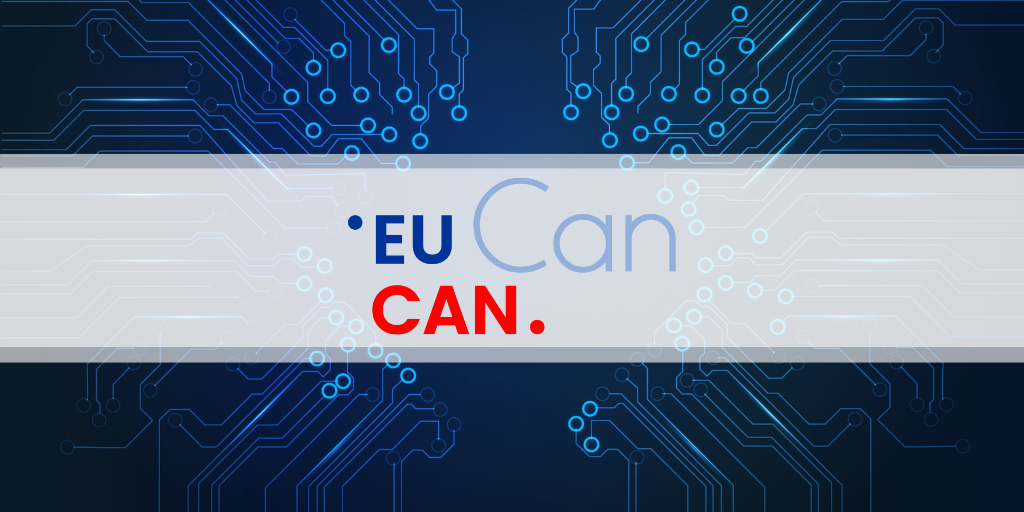The EUropean-CANadian Cancer network (EuCANCan) is a project aiming to develop a federated network of aligned and interoperable infrastructures for the homogeneous analysis, management and sharing of genomic oncology data for Personalized Medicine. This initiative, funded by the European Commission and the Canadian Institutes of Health and coordinated by the Barcelona Supercomputing Center (BSC), is expected to process and provide the scientific community with around 30-35 thousand patient samples from different types of cancer, coming from different nodes involved in this project, during the four years of the project.
Data generated as part of primary studies, often in small hospitals or research centers, is hardly reused by other projects or groups. EuCANCan is proposed to foster the homogenisation and discoverability of cancer samples from very different sources for the whole community. These efforts will help paving the way to future standardised and global genomics projects, specially for those participant countries that eventually integrate the methodology and infrastructure generated during the project.
“The more data we have access to the more and better discoveries. We attempt to overcome the legal and technical limitations in order to generate, gather and exploit bigger datasets as well as answer more ambitious questions”. These were some of the words Dr. David Torrents, main coordinator of the project, shared with a regional radio during the kick-off meeting of the project, on February 11th, 2019.
The EUCANCan network will be composed of reference nodes in Amsterdam, Barcelona, Berlin, Heidelberg, Paris and Toronto which have established strong research and clinical programs in the field of genomic oncology. The Centre for Genomic Regulation (CRG), specifically the European Genome-phenome Archive (EGA), is among the leading institutions. Its exhaustive experience in biomedical data archival and secure distribution is considered key for crucial developments within the project. It is also notable the recent inclusion of EUCANCan in the list of GA4GH driver projects.
Further information and details can be found in the following links:
- InsideHPC
- BSC official description
- Techweek (Spanish)




